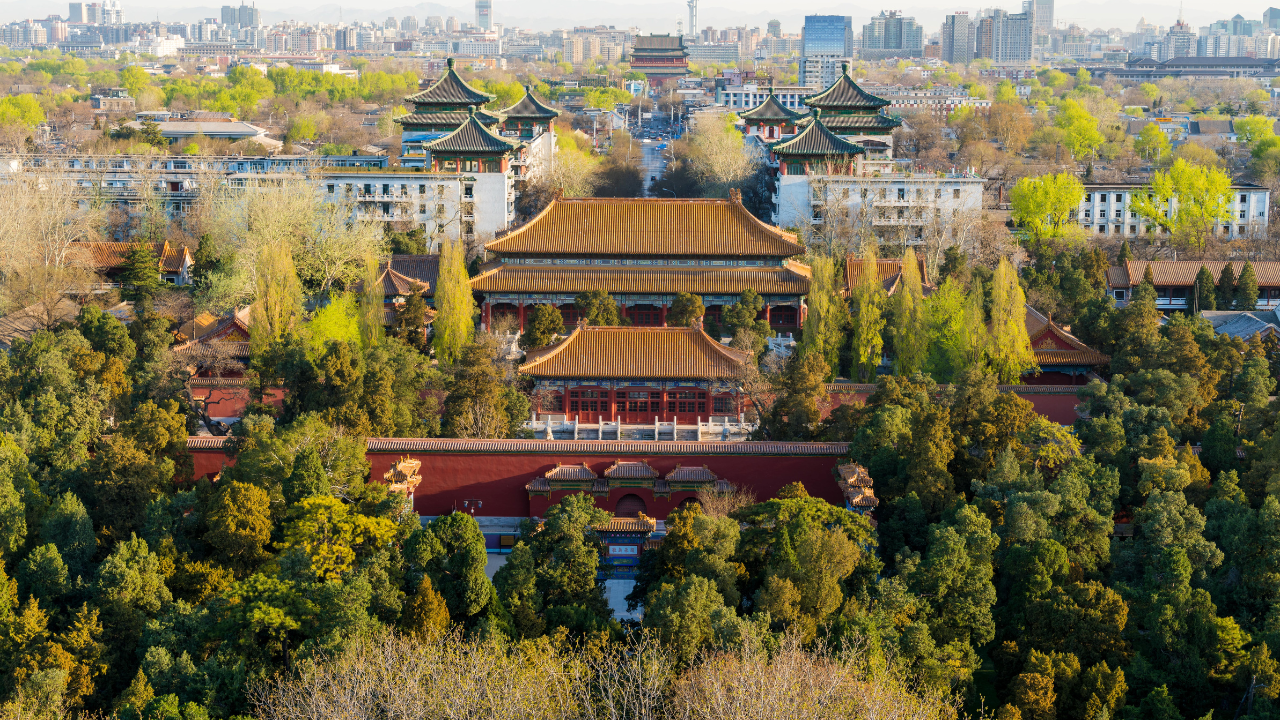
Running Into Controversy: MTA’s $750K Demand from NYRR for New York City Marathon
In a development that’s causing ripples across New York City and the broader running community, the Metropolitan Transportation Authority (MTA) has put forth a bold, if not contentious, request to the New York Road Runners (NYRR), the esteemed organizers of the venerable New York City Marathon. The MTA is seeking compensation to the tune of $750,000, aiming to offset what it claims are significant losses in toll revenue attributed to the closure of major city bridges during the marathon. This move has not only surprised many but has also sparked a heated debate over the financial sustainability and the broader implications for one of the world’s most iconic running events.
[optin-monster slug=”u9ogigt36k4zbwkxi5az” followrules=”true”]
The marathon, a fixture of New York City’s sporting calendar, necessitates the temporary shutdown of several key bridges to vehicles, facilitating a safe route for the thousands of runners who participate. While these closures are critical for the event’s success, the MTA points to the resultant dip in toll collection as a financial hurdle. Interestingly, this demand comes amidst reports suggesting an uptick in subway ridership on marathon day, as both spectators and participants increasingly rely on the city’s public transportation network to circumvent the road closures and support their marathon endeavors.
This situation has ignited a robust dialogue concerning the financial ramifications for NYRR and, by extension, those who lace up their running shoes to partake in the marathon. With current entry fees set at $315 for non-members and $255 for NYRR members, the additional financial burden threatened by the MTA’s demand could significantly inflate participation costs. Critics of the proposal argue that such a move places an unwarranted strain on runners, potentially discouraging participation in an event celebrated not just for its athletic challenge, but also for its capacity to unite diverse communities and inspire individuals from around the globe.
The controversy throws into sharp relief the delicate balance between maintaining public infrastructure and supporting large-scale community events that spotlight New York City on the world stage. The marathon, after all, is more than just a race; it’s a day when the city’s streets come alive with a spirit of camaraderie, resilience, and human endeavor. As discussions unfold, a central question emerges: Is it equitable to transfer the financial responsibilities associated with the marathon’s logistical needs onto the shoulders of its participants and supporters?
As the debate continues, stakeholders from various sectors — including city officials, public transportation authorities, event organizers, and the running community at large — are called upon to navigate these complex waters. The outcome of this discourse holds significant implications, not just for the future of the New York City Marathon, but also for the broader relationship between public entities and the events that capture the imagination and ambition of people worldwide. Amidst the contention, what remains clear is the need for a solution that honors the legacy of the marathon while ensuring the financial viability and integrity of the city’s transportation infrastructure.
Update on NYC Marathon and MTA Toll Controversy (April 5, 2024)
In a recent turn of events, the Metropolitan Transportation Authority (MTA) has decided to reverse its previous decision to impose a charge on the New York City Marathon for the use of the Verrazzano-Narrows Bridge. This decision comes after considerable backlash and a direct intervention from New York’s governor, urging the transit agency to “fix this mess.”
Initially, the MTA had sought to levy a $750,000 fee on the marathon organizers to compensate for toll revenues lost during the event, which necessitates the temporary closure of the bridge to vehicular traffic. This proposal sparked a widespread debate on the financial implications for one of the city’s hallmark sporting events and the precedent it might set for future public events requiring the use of infrastructure managed by the MTA.
However, following the governor’s directive and public scrutiny, the MTA has opted to withdraw its demand for the fee. This development ensures that the New York City Marathon, a beloved annual event that draws participants and spectators from around the globe, will proceed without the additional financial burden.
The marathon, known for its vibrant display of athleticism and community spirit, continues to be a significant event on New York City’s sporting calendar. The decision by the MTA alleviates concerns about potential changes to the event’s organization and financial health, allowing runners and supporters alike to focus on the race itself.
This update marks a positive resolution to what could have been a contentious issue, highlighting the importance of dialogue and intervention at the highest levels of state governance in preserving the traditions and interests of the city’s residents and visitors.






